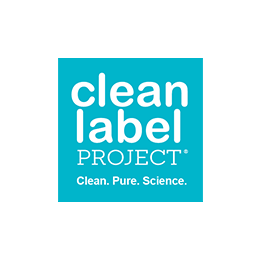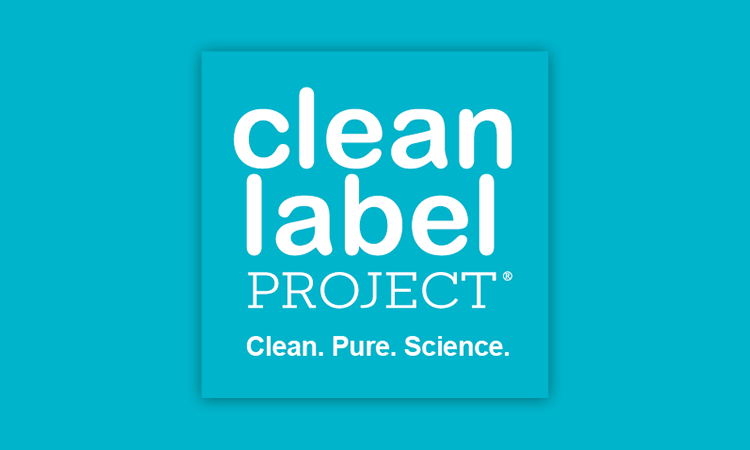 Wholistic is excited to introduce one of our new partners, the Clean Label Project. The Clean Label Project is a national nonprofit with a mission to bring truth and transparency to consumer product labeling. They believe that sometimes what’s NOT on the label is what matters most. Food and consumer product safety attention and regulation has largely been focused on short-term acute exposure to food-borne pathogens like salmonella, E.coli, and listeria. The long-term threat of cancers and reproductive disorders linked to industrial and environmental contaminant exposure have largely gone unnoticed, untested, and therefore unregulated in food and consumer products, until now. Through data, science, and benchmarking, Clean Label Project uses actual retail sampling and testing to reveal levels of contaminants in America’s best-selling consumer products.
Wholistic is excited to introduce one of our new partners, the Clean Label Project. The Clean Label Project is a national nonprofit with a mission to bring truth and transparency to consumer product labeling. They believe that sometimes what’s NOT on the label is what matters most. Food and consumer product safety attention and regulation has largely been focused on short-term acute exposure to food-borne pathogens like salmonella, E.coli, and listeria. The long-term threat of cancers and reproductive disorders linked to industrial and environmental contaminant exposure have largely gone unnoticed, untested, and therefore unregulated in food and consumer products, until now. Through data, science, and benchmarking, Clean Label Project uses actual retail sampling and testing to reveal levels of contaminants in America’s best-selling consumer products.
Over the last few years they have developed a focus on the cannabis industry, specifically CBD. Jackie Bowen, the Executive Director of Clean Label Project gave us some insights into the biggest risks to watch for in CBD products. Their research really reinforces the need for industry standards and testing.
Check out a few highlights from our longer conversation:
- THC-Free does not necessarily mean THC-Free. The detection of THC in THC-Free labeled CBD products is rampant—45% of the 208 top-selling CBD products purchased and tested had detectable levels of THC. This creates risk for both the brand doing the labeling and the consumer purchasing their product.
- CBD content varies widely from values listed on the label. Some products were actually non-detect for CBD, while some were as much as 700% of what was declared on the label. This inconsistency makes it impossible for a consumer to identify the level of CBD that is the right fit for them. The economic fraud associated with the products that have no CBD is a significant risk to the industry as interested consumers may avoid the category or exploratory consumers may abandon the category if a product doesn’t work.
- There is highly variable contamination. The average CBD brand tests for 14 industrial and environmental contaminants. Clean Label Project screened the products for over 400. The amount of lead, on average, was 34 ppb—this is the highest lead average out of all consumer product categories we’ve tested. To put this number into perspective, the average amount of lead found during the Flint, MI drinking water crisis was 27ppb.



